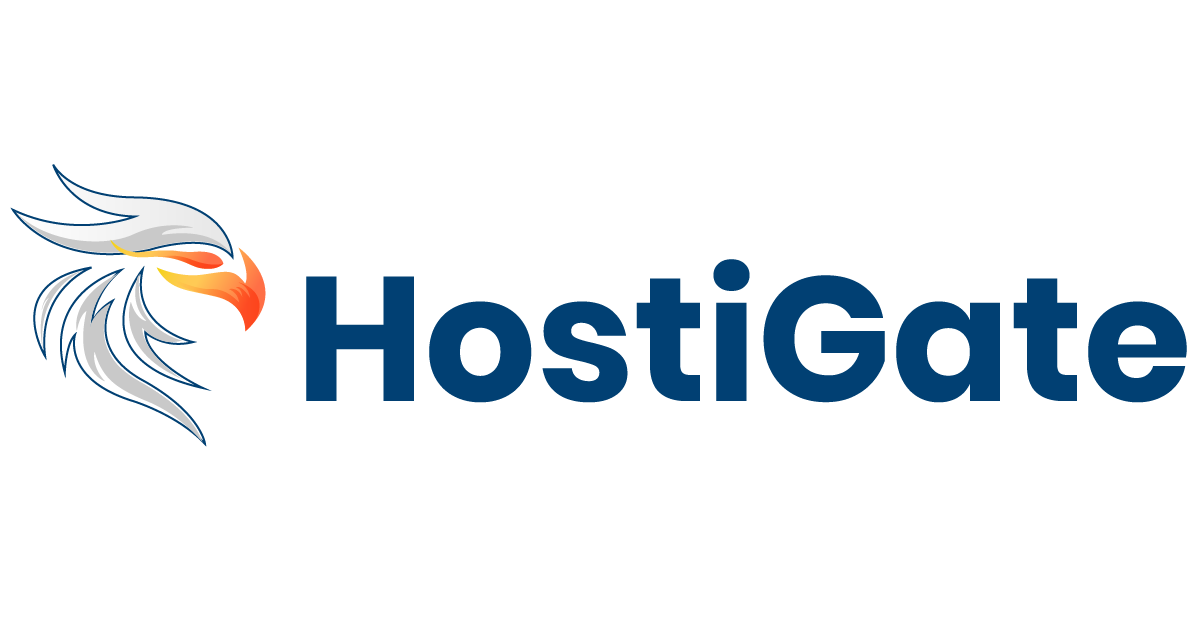Windows vs. Linux Hosting: What's the Difference and Which Do You Need?
When you're building a website, you make a lot of decisions: domain name, design, content, and of course, a hosting provider. But there's a crucial choice lurking beneath the surface that directly impacts your site's cost, performance, and capabilities: the server's operating system (OS). For most, this choice boils down to the two titans of the server world: Windows and Linux. Understanding the difference isn't just for tech experts; it's essential for any website owner who wants to ensure they have the best foundation for their online business.
What is a Server Operating System, Anyway?
Think of a server OS as the foundational software that manages all the server's hardware and software resources. It's the bridge between the physical server and the applications that run on it, including the software that makes your website accessible to the world. Just like your laptop runs macOS or Windows, a web server runs an OS specifically designed for its tasks. The OS you choose dictates what software you can run, how much your hosting will cost, and even how your server is managed. This choice is the bedrock of your entire online presence, influencing everything from site speed to security.
Linux Hosting: The Open-Source Powerhouse
When people talk about web hosting, they are most often referring to Linux hosting. It is the undisputed champion of the web, powering an estimated 70-80% of all servers. Linux isn't a single OS but a family of open-source operating systems, with popular versions (called distributions or 'distros') for servers including CentOS, Ubuntu Server, and Debian.

Key Advantages of Linux Hosting:
- Cost-Effectiveness: This is Linux's killer feature. Because the OS itself is open-source and free, hosting providers don't have to pay licensing fees to use it. They pass these savings on to you, making Linux hosting the most affordable hosting option available. This is why it's almost always the best hosting for small business owners and startups.
- Flexibility and Compatibility: Linux was built for the web. It natively supports the most popular open-source programming languages and databases that power the modern internet, including PHP, Python, Perl, Ruby, and MySQL/MariaDB. This technology stack (often called LAMP - Linux, Apache, MySQL, PHP) is the engine behind content management systems like WordPress, Joomla, and Drupal.
- Performance and Stability: Linux is renowned for its stability, efficiency, and reliability. It's a lean and powerful OS that can run for years without a reboot, ensuring your website remains online. Its efficiency translates directly to fast website hosting, as the server can dedicate more resources to serving your content rather than running the OS itself.
- Security: Due to its open-source nature, the Linux kernel is constantly being scrutinized, tested, and hardened by a global community of developers. This collaborative effort means vulnerabilities are often found and patched quickly. While no OS is immune to threats, Linux's architecture and permission structure are inherently secure.
- Control Panels: The industry-standard control panel, cPanel, runs exclusively on Linux. cPanel provides a user-friendly graphical interface to manage your website files, databases, email accounts, and more, making complex server administration accessible to non-developers.
Who is Linux Hosting For?
Honestly, almost everyone. If you're launching a blog on WordPress, an e-commerce store with WooCommerce or Magento, or a custom site using PHP and MySQL, Linux hosting is your best bet. It offers the best combination of price, performance, and flexibility for the vast majority of website owners.
Windows Hosting: The Microsoft Ecosystem Specialist
Windows Hosting, as the name implies, uses a Windows Server operating system developed and owned by Microsoft. While it has a much smaller market share than Linux, it is indispensable for a specific set of users who rely on Microsoft's technology stack.

Key Advantages of Windows Hosting:
- Microsoft Technology Support: This is the primary and, for many, the only reason to choose Windows hosting. If your website or web application is built using Microsoft-specific technologies like ASP.NET, .NET Core, or Visual Basic, you must use a Windows server. Similarly, if your application requires a Microsoft SQL Server (MSSQL) database or integration with other Microsoft products like Exchange or SharePoint, Windows is non-negotiable.
- Familiar Interface (Plesk): The most common control panel for Windows hosting is Plesk. Its interface is clean and often feels more familiar to users who have spent their lives on Windows desktop PCs. It's worth noting that Plesk is also available on Linux, but it's the dominant choice in the Windows environment.
- Official Microsoft Support: As a commercial product, Windows Server is backed by dedicated, professional support from Microsoft. While your hosting provider is your first line of support, there's a massive corporation behind the OS itself, which can be reassuring for large enterprises.
Disadvantages of Windows Hosting:
- Higher Cost: This is the biggest drawback. Microsoft charges licensing fees for its Windows Server OS, MSSQL, and other software. These costs are passed directly to the customer, making Windows hosting plans significantly more expensive than comparable Linux plans.
- Less Flexibility for Open-Source: While you can run PHP and MySQL on a Windows server, it's not their native environment. They often perform better and are easier to manage on a Linux server. If you're not locked into the Microsoft stack, you'll find a wider, more supportive community for open-source tools on Linux.
Head-to-Head Comparison: Windows vs. Linux
| Feature | Linux Hosting | Windows Hosting |
|---|---|---|
| Cost | Lower (OS is free) | Higher (OS requires licensing fees) |
| Core Technologies | PHP, Perl, Python, Ruby, MySQL, MariaDB | ASP.NET, .NET Core, C#, MSSQL, Visual Basic |
| Popular CMS | WordPress, Joomla, Drupal, Magento | DNN (DotNetNuke), Kentico, Sitefinity |
| Control Panel | cPanel (most common), Plesk | Plesk (most common) |
| Performance | Generally higher due to lightweight, efficient nature. Excellent site speed. | Robust and powerful, but can be more resource-intensive. |
| Security | Considered highly secure due to its permission structure and open-source community vetting. | Very secure in modern versions, but historically a larger target for attacks. |
The Final Verdict: Which One Do You Actually Need?
We can simplify this entire debate with one simple question:
Does your website or application absolutely require a Microsoft-specific technology like ASP.NET or MSSQL?
- If the answer is YES, then your decision is made for you. You need Windows Hosting.
- If the answer is NO, then you should choose Linux Hosting.
For over 95% of website owners—including small businesses, bloggers, designers, and developers working with open-source technology—Linux is the superior choice. It's more affordable, offers better performance for the web's most popular applications, and provides a level of flexibility that Windows can't match. When you're looking for fast website hosting that won't break the bank, a Linux-based plan is the way to go.
Remember, the quality of the hosting provider is just as important as the OS. A top-tier provider will offer highly optimized servers, proactive security, and expert support for their chosen platform. They ensure that whether you're on Linux or Windows, you're getting the best possible environment for your website.
Choosing the right foundation is the first step to a successful online presence. Now that you know the difference, you can make an informed decision that aligns with your technology, budget, and performance goals.
















